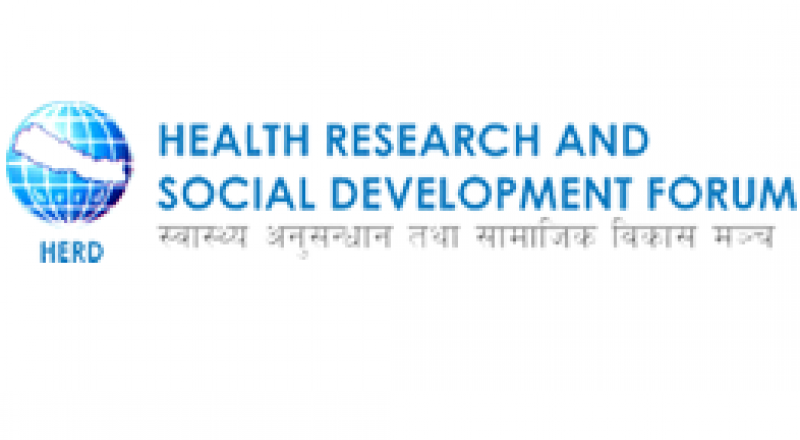Various organisations celebrated World Health Day (WHD) 2016 on April 7 across the world by conducting various activities. Every year the WHD is marked to raise awareness and draw attention about various global health issues. This year, the focus is on diabetes. The day is being observed with a slogan, ‘Scale up diabetes prevention, strengthen care, and enhance surveillance’.
Some of the event highlights as updated through Twitter is presented below:
- The World Health Organization has released the ‘First WHO Global report on diabetes’, which shows 422 million adults live with diabetes, mainly in developing countries. WHO in the report has highlighted the need to step up prevention and treatment of the disease.
- WHO has further released facts about diabetes which reveals that 10 facts summing up the scenario of diabetes worldwide.
- Diabetes Ireland has devised a new five year strategy entitled ‘Changing Lives 2016-2020’ with the goal of maintaining the current services and expanding services.
- Diabetes UK has published the facts about type 1 diabetes and have stressed on informing people what type 1 diabetes is and what it is not.
- The Lancet has published ‘Worldwide trends in diabetes since 1980: a pooled analysis of 751 population-based studies with 4·4 million participants’. The article has aimed to estimate worldwide trends in diabetes by looking for the answers like how likely it is for countries to achieve the global target and how changes in prevalence, together with population growth and ageing, are affecting the number of adults with diabetes.
- Work in Progress has published an article titled ‘Healthcare workers care for us, but who’s caring for them?’ Work in Progress is the blog of the International Labour Organization (ILO) where experts share insights about the world of work and the state of the global economy.
- ChildLife Foundation has shared a WHO video “WHO: Halt the rise, take the steps needed to beat diabetes! World Health Day 2016”.
- NCD Alliance has emphasized how diabetes generates a human and economic impact, much of which could be prevented..
- USAID Nepal has acknowledged the contributions made by health workers to global health.
- Aster Clinics share that being overweight, family history, ethnicity and age are the risk factors for developing diabetes
How Did We Celebrate WHD at HERD?
Marking WHD, a quiz programme was organized on April 5 at HERD “How well do you know diabetes”. 31 researchers participated at the tablet-based quiz and the questions were basically about definition, types, symptoms and complication of diabetes, location of pancreas, among others.
A Special Series ‘Diseased with Diabetes – Celebrating World Health Day 2016’ was published on April 7 celebrating Nepal’s efforts towards diabetes control. The document has reflected back how diabetes is emerging as a danger particularly in increasing urbanisation and consequent changes in our lifestyle. Perspectives of the practitioners and the patients about how they view about the increasing prevalence of non-communicable diseases, particularly diabetes are also documented.
A summary of a review article titled, 'Addressing diabetes mellitus as part of the strategy for ending TB' published in Royal Society of Tropical Medicine and Hygiene was also published by HERD. The article is written by Anthony D Harries, Ajay M V Kumar, Srinath Satyanarayana, Yan Lin, Rony Zachariah, Knut Lonnroth and Anil Kapur.
HERD staff also participated in the Have Your Say initiative where they shared their message on the occasion of the WHD through Twitter. Their messages are presented below:
- Asmita Panta - 'Prepare your diet plans'
- Sangeeta Khimbanjar - 'Reduce amount of added sugar in food n drinks'
- Kritagya Regmi - 'Improve Your Health Seeking Behaviour'
- Puja KC - 'Good Diet results in Good Health'
- Ian Walker - 'Eat Healthy, Be Active, Live Long'
- Smriti Maskey - 'Schedule a regular exercise plan'
- Sudip Jung Karki - ‘Be Active, Stay Fit and Live Healthy’
- Uden Maharjan - ‘Let's think healthy, let's live healthy’
- Hom Nath Subedi - ‘Investing in people's economic activities leads to improved health outcomes’



Comments(0)
No comments found.